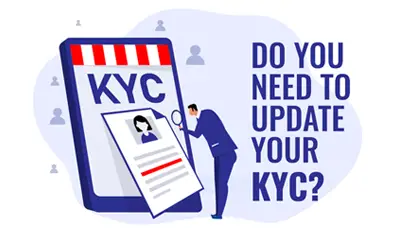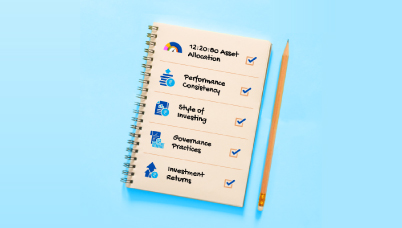Understanding the logic behind NAV
Posted On Friday, Dec 20, 2013
Net Asset Value (NAV) in simple terms is the current worth of each unit of the mutual fund. NAV, which is calculated as assets minus liabilities of a scheme, is declared by fund houses daily. Below we attempt to bust 2 popular NAV related myths.
Myth # 1: Mutual Funds with higher NAV are performing better than those with lower NAV
Sometimes investors tend to link NAV to absolute returns of a fund. Therefore higher NAV is taken to be synonymous with higher return. This is not necessarily true. NAV sure is a tool to measure performance but NAV is not a performance indicator in itself. It is change in NAV of two dates that reflects performance of the fund in the period between those dates. However it is true that with age NAV increases; that’s why older funds tend to have higher NAVs.
For instance suppose you invest in a fund with NAV 10 which grows to 60 in 10 years. At the same time your neighbor invests in another fund with NAV 150 which grows to 250 in the same period. Although NAV of the latter was much higher its annual return is only 5% compared to 20% of your fund.

What is important is that you select a good fund (as known from its past performance over various market cycles), backed by strong fundamentals, irrespective of whether its current NAV is in double digits or triple digits.
Myth # 2: New fund offers (NFOs) are cheaper since NAV is Rs.10
Most new fund offers (NFOs) have NAV of Rs.10. The myth - believed to be mainly perpetrated by distributors in the past when NFO launches were rampant - is that since NAV is lower you had better buy during the NFO period than later when it shoots to 30 or 40.
However that NFOs are cheaper, is not true. Unlike in shares or bonds there is nothing like cheap NAV or expensive NAV in mutual funds. Understanding the relationship between NAV and the amount you invest would help. If you have Rs 10,000 to invest and the fund you have chosen has NAV of Rs.10 you get 1,000 units of the fund. If the fund performs well from there and the NAV grows say by 6 times to reach Rs.60, in 10 years then your investment value rises to Rs 60,000. This would be exactly the same as investing in the fund when its NAV stood at Rs.30 and if it also grew by 6 times and reach to Rs.180 in 10 years.

The fact is any time is good to invest in a good fund when the investment is for a long term (Not less than 5 years) subject to your age, risk appetite, asset allocation etc. With an existing fund you have past performance to look up against which is missing in a new fund, where you might go based on trust you have on the fund house launching it. Ultimately what counts, again, is whether the fund consistently performs well over the course of time.
The views expressed here in this article are for general information and reading purpose only and do not constitute any guidelines and recommendations on any course of action to be followed by the reader. The views are not meant to serve as a professional guide / investment advice / intended to be an offer or solicitation for the purchase or sale of any financial product or instrument or mutual fund units for the reader. The article has been prepared on the basis of publicly available information, internally developed data and other sources believed to be reliable. Whilst no action has been solicited based upon the information provided herein, due care has been taken to ensure that the facts are accurate and views given are fair and reasonable as on date. Readers of this article should rely on information/data arising out of their own investigations and advised to seek independent professional advice and arrive at an informed decision before making any investments.
Mutual fund investments are subject to market risks read all scheme related documents carefully.
Related Posts
-

Do You Need to Update Your KYC/Modify KYC?
Posted On Friday, Apr 26, 2024
New KYC Regulation Effective April 1st 2024
Read More -

Are You Stuck in the Past or Ready for a Secure Future?
Posted On Wednesday, Jun 29, 2022
The ever-growing number of mutual fund schemes on offer has made it challenging for investors to select the best and most suitable one.
Read More -

Received an Increment? Step-up Your SIPs
Posted On Wednesday, Jun 01, 2022
For instance, let’s assume that you have registered for a monthly SIP of Rs 5,000 for a 10-year period and later on try to step-up the SIP at an annual frequency, say by Rs 500. In the first year...
Read More



